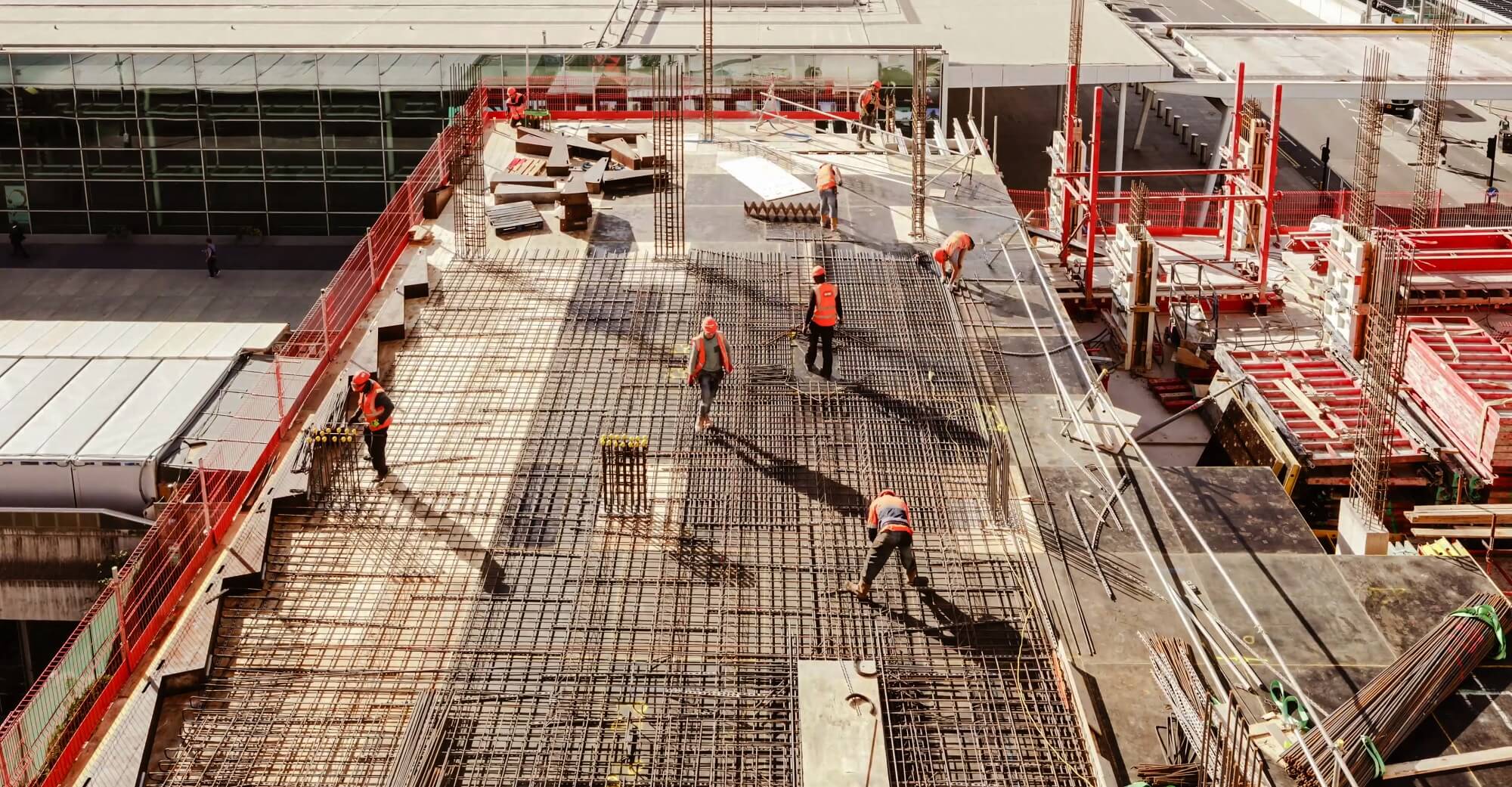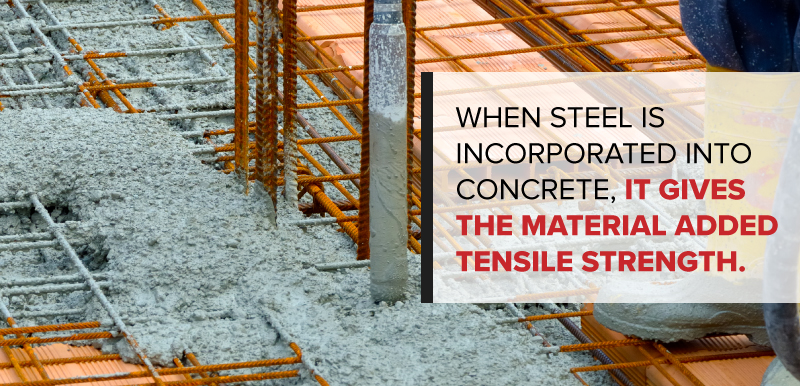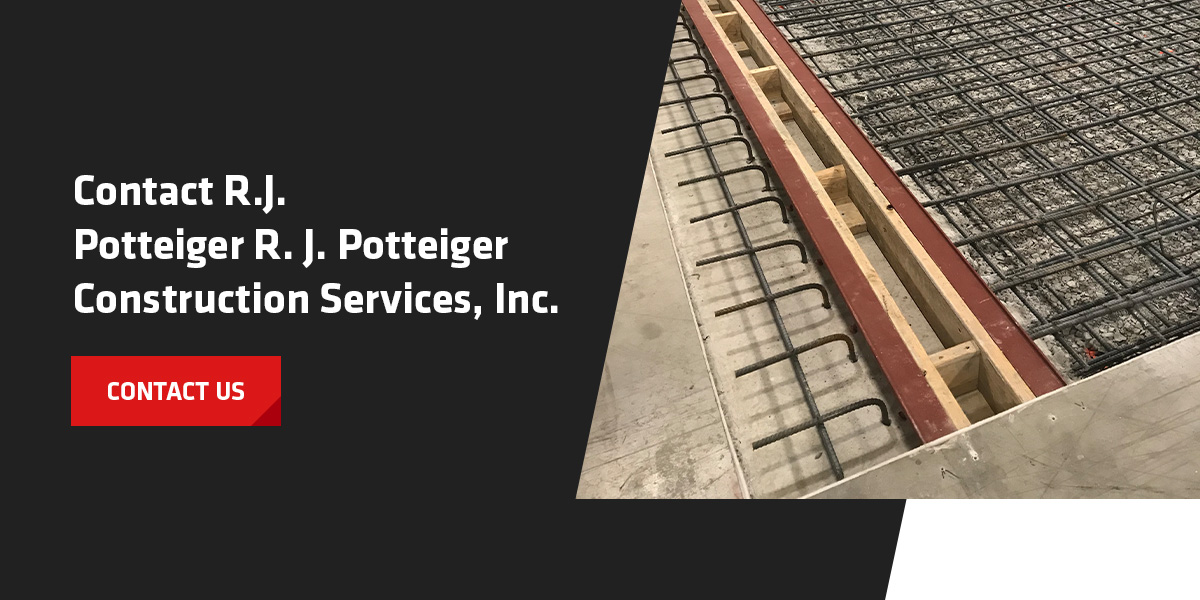UNDERSTANDING THE IMPORTANCE OF STRUCTURAL CONCRETE

Concrete is the most frequently used manufactured material in the world. In fact, concrete is second only to water as the most abundant resource on the planet. In all its forms, this building material plays a vital role in civilization, housing billions of people and businesses globally.
Structural concrete is especially crucial in the construction industry due to its unique strength. We will highlight the importance of structural concrete, helping you determine whether it’s a suitable material for your building project.

The Importance of Structural Concrete
Structural or reinforced concrete is responsible for bearing heavy static loads and kinetic forces in the construction industry. It often comes in slabs to serve as the structure’s primary component since regular concrete may lack the required amount of tension and strength on its own. Concrete contractors insert steel poles into wet concrete to form sturdy concrete blocks or bases to combat this.
Unlike regular concrete, structural concrete has to meet strict industry criteria, especially because of its heavy-duty applications. If the concrete does not meet industry requirements, it is known as non-structural concrete and can’t be used for buildings, bridges and barrier walls, so contractors generally use it for sidewalks and roads since these applications are less demanding.
Concrete structural design components often include beams, columns, footings, substructures and superstructures. Each piece bears immense loads, highlighting the importance of concrete structures with steel reinforcements.
The Benefits of Structural Concrete
Despite being able to withstand immense static and kinetic force, structural concrete boasts a range of benefits, including:
- Availability: As the second most abundant resource on the planet, concrete is readily available for contractors to reinforce it.
- Durability: One of structural steel’s most apparent and essential benefits is its unmatched durability, making it excellent for construction.
- Eco-friendly: Cement manufacturers often use recycled materials to reduce their impact on the environment.
- Cost-efficiency: Concrete and steel are more affordable than many other building materials, making structural concrete an economical choice.
- Versatility: This material is suitable for an extensive range of applications since concrete contractors can form it into any shape their projects require.
Applications
Applications for structural concrete include:
- Equipment Foundations
- Building Foundations
- Loading Dock Pits
However, structural concrete also has multiple applications in larger projects. It’s often used in bridges, piers, buildings and commercial and residential sectors. Due to its highly efficient performance and its reliability, structural concrete is used to construct football stadiums and conference halls.
In addition, structural concrete is suitable for flooring slabs, foundations and retaining walls, but it also has a role in wall repair. On larger scale projects, structural concrete is used in:
- Health care facilities
- Stadiums
- High-rise and commercial buildings
Trust Us for Your Structural Concrete Needs
Do you need a reliable supply of structural concrete? R. J. Potteiger Construction Services, Inc. has your concrete needs covered. We offer various concrete services to ensure your construction project runs smoothly. Contact us today for more information on our concrete construction services in Carlisle, PA, and beyond.

Interested in learning more about structural concrete and how it can improve your commercial project? Visit our concrete services page or fill out a contact form online!



